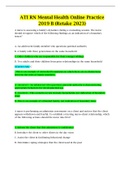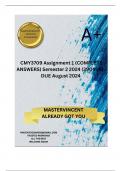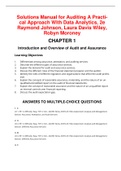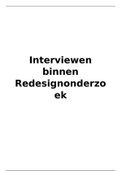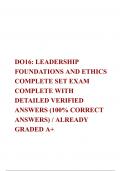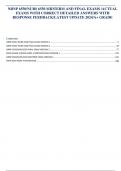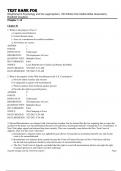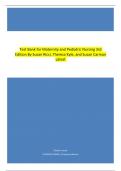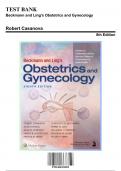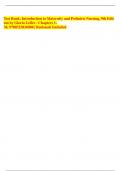Exam (elaborations)
ATI RN Mental Health Online Practice 2019 B (Retake 2023) Questions with All Correct Answers| Rationale in All Choices |Guarantee A+ Score Guide
- Course
- Institution
ATI RN Mental Health Online Practice 2019 B (Retake 2023) Questions with All Correct Answers| Rationale in All Choices |Guarantee A+ Score Guide A nurse is assessing a family's dynamics during a counseling session. The nurse should recognize which of the following findings as an indication of a bo...
[Show more]
